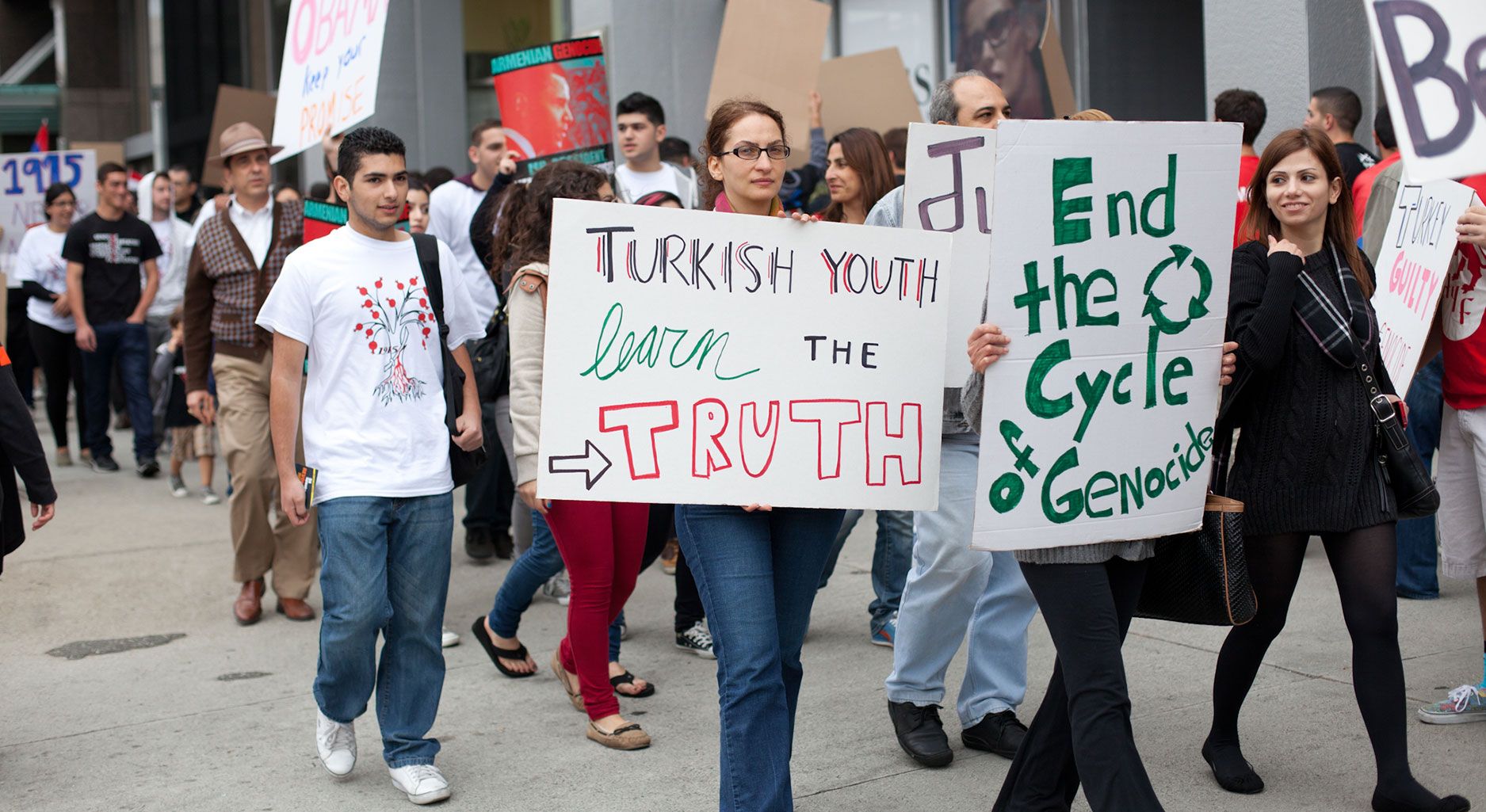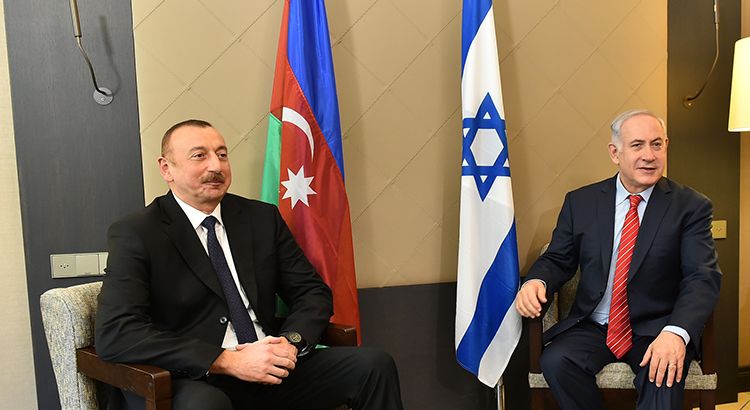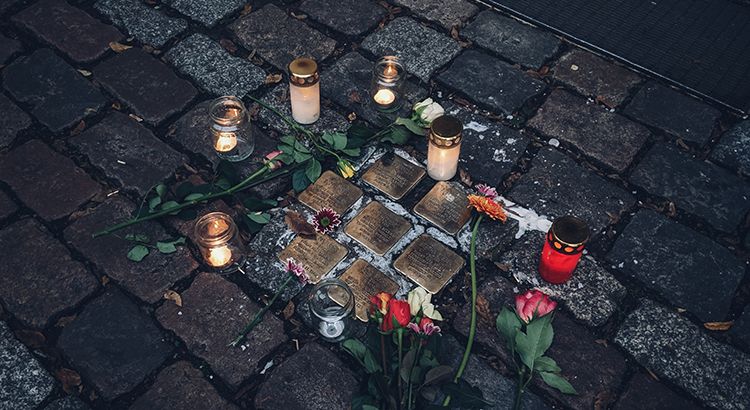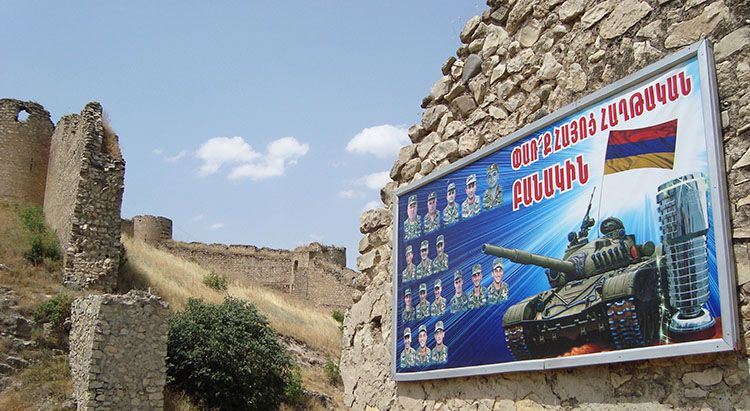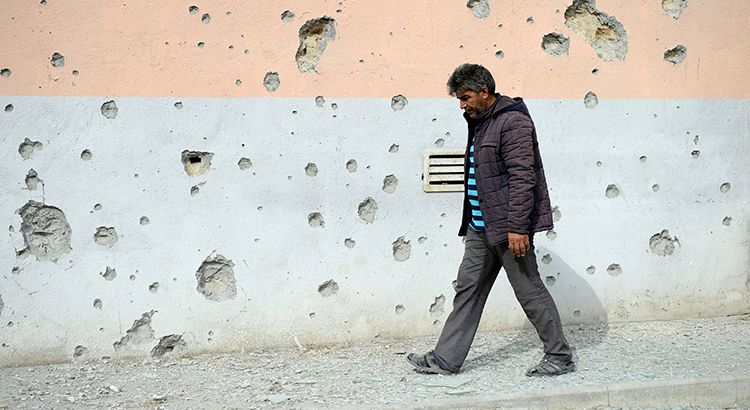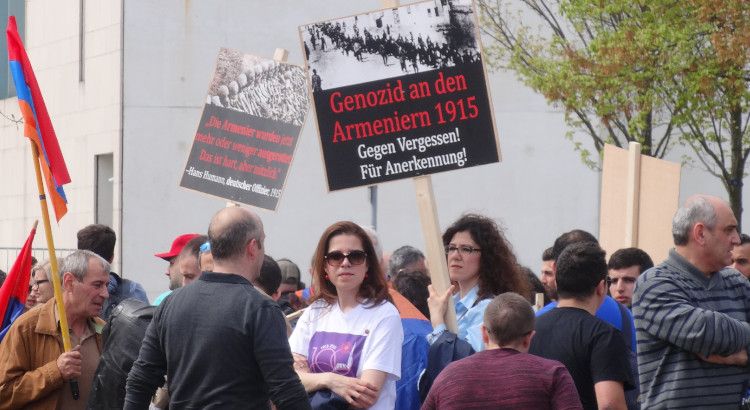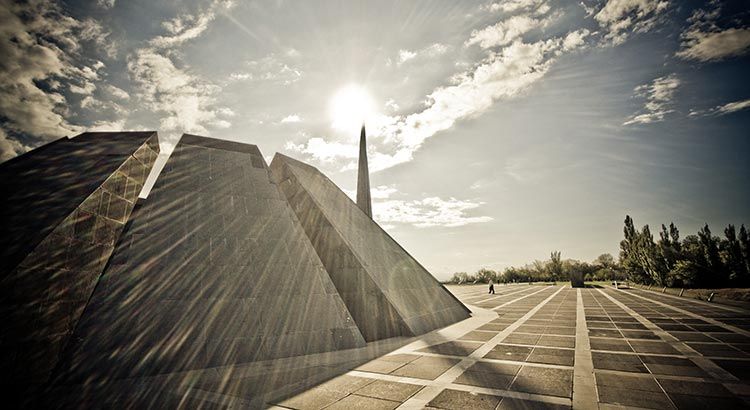Schlagwort: Armenien
As the world marks the 110th anniversary of the Armenian Genocide on 24 April 2025, the enduring power of denialism continues to shape how the Genocide is remembered—or deliberately forgotten. Since the centennial in 2015, Turkey has significantly altered its denial policy in response to evolving international norms surrounding the recognition of the Armenian Genocide.
Why Israel Backs Azerbaijan in Nagorno-Karabakh Conflict: It’s Not About Armenia
Amidst the devastation caused by the recent earthquakes in Turkey on 6 February, Iranian Foreign Minister Hossein Amir Abdollahian made a strong statement warning against the threat posed by the Zionist regime to peace and stability in the region. Specifically, he pointed to Israel’s involvement in the Nagorno-Karabakh conflict, where Azerbaijan emerged victorious with significant support from Israel in the form of technology and arms. But why did Israel get involved in a conflict thousands of miles away, with no direct interests? In this post, we’ll take a closer look at Israel’s strategic partnerships with Azerbaijan and Turkey, and how they tie into its involvement in the Nagorno-Karabakh conflict.
At the Age of the Pandemic: The Global Memory of the Holocaust and Armenian Genocide at a Crossroads
Over the last forty years, the Holocaust has become a distinct aspect of Western culture and a universal lesson for protection of minorities and human rights. By contrast, the Armenian genocide is still being denied by Turkey and a culture of commemoration which is lagging far behind. Beyond the reason for differences between memory practices, I argue that a stronger culture of commemoration of the Armenian genocide would have twofold benefits.
Nagorno-Karabakh: Why did the Second Armenia-Azerbaijan War Start?
The “frozen” Nagorno-Karabakh conflict between Armenia and Azerbaijan existed for 26 years being neither at war nor at peace, with no diplomatic relations. What has changed over the past years so that a new all-out war erupted unexpectedly between the conflict parties in late September: military balance, geopolitical balance – or what else?
Bergkarabach – vom kalten Frieden zum heißen Krieg
Nun ist es also passiert, was die nicht eben zahlreichen Beobachter des Konflikts um Bergkarabach seit Jahren prognostiziert haben: Ohne einen ernsthaften Verhandlungsprozess wird es früher oder später zu einem neuen Krieg zwischen Armenien und Aserbaidschan kommen. Dass dieser lange Jahre „eingefrorene“ Konflikt dauerhaft ruhiggestellt werden könnte, war und ist eine große Selbsttäuschung – der Armenier, aber auch der drei Vorsitzenden der sogenannten Minsker OSZE-Verhandlungsgruppe Russland, USA und Frankreich.
Is the Work Done? Views from Armenians in Germany on the Recognition of the Armenian Genocide
All around the globe the Armenian Diaspora has been campaigning in their respective countries to recognise the massacres of 1.5 million Armenians in the Ottoman Empire in 1915 as genocide. This year marks the 105th anniversary of the Armenian Genocide but the successor state of the perpetrator – Turkey – continues labelling it as ''so-called'' genocide. After many years of hesitation, Germany became the 25th country to officially adopt a resolution to recognise the Armenian Genocide in 2016. How has this step impacted the perspectives of the Armenian community in Germany?
Turkey and the “so-called” Armenian Genocide: the politics of denial in European and domestic affairs
The Armenian Genocide or, as it is labelled in mainstream Turkish discourse, the “so-called Genocide,” continues to fuel political tensions, both internationally and at home. Use of the G-word by governments worldwide invariably provokes a reaction from Ankara, whose genocide denial continues to shape and colour Turkish foreign policy as well as domestic matters. Strikingly enough, however, the most important institution of the Armenians in Turkey has also participated in the politics of denial in recent years. How do the politics of such genocide recognition and denial play out, and what do they imply?
